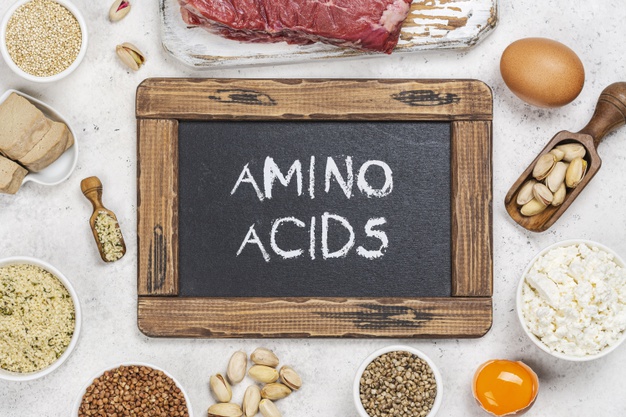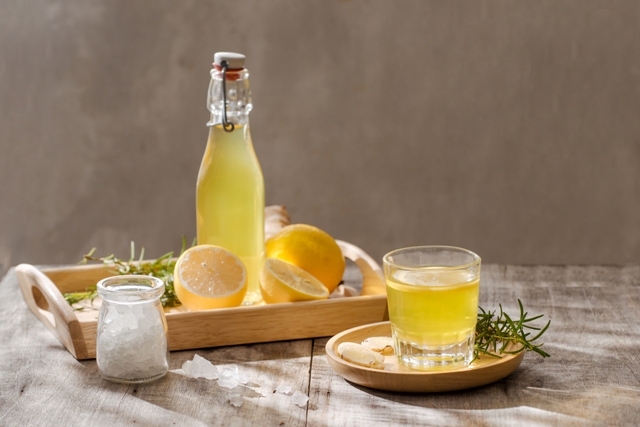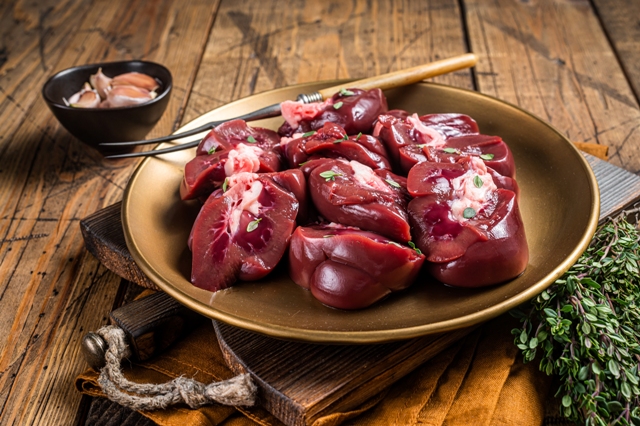Citrulline is an important amino acid naturally found in various foods. Whereas body can also produce citrulline thus it is considered as a non essential amino acid. It offers numerous health benefits and has been traditionally used for various medicinal purposes like hypertension, Alzheimer’s disease, dementia, hyperglycemia, heart diseases and erectile dysfunction. It is widely used for improving athletic performance as well.
Chemistry
- It is an organic compound
- It is an alpha amino acid
- The name citrulline is derived from a Latin word “Citrullus” that is for watermelon because it was first isolated from watermelon and it is abundantly present in watermelon
- Body also produces citrulline from ornithine. Ornithine is another amino acid, which reacts with carbamoyl phosphate and produces citrulline within liver
- It has the chemical formula of C6H13N3O3
- It is solid in nature and has crystalline appearance
- It is white in colour
Sources
It is naturally found in various foods, whereas it is also commercially available in supplemented form. It can be synthesized by body too thus if anyone does not consume enough citrulline through diet so he or she will not develop the deficiency of citrulline in body as body produces citrulline by its own

Food sources
Below listed foods contains adequate amount of citrulline –
- Watermelon
- Cucumber
- Nuts
- Bitter gourd
- Pumpkin
- Squash
- Onion
- Garlic
- Legumes
- Liver
- Fish
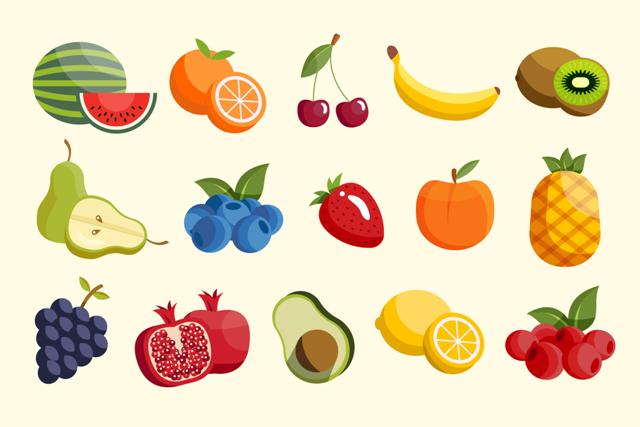
Supplements
- It is available in two forms of dietary supplements, which include L-citrulline and Citrulline malate
- L-citrulline is a very common type of citrulline supplement found in market and it contains only citrulline, whereas Citrulline malate is such type of supplement that contains another compound along with citrulline. Generally Citrulline malate contains L-citrulline and malate
- Citrulline malate is extremely important for energy production
Mechanism of action
- As mentioned above we can consume citrulline through diet or supplements, whereas citrulline can be synthesized by body as well. This citrulline performs various imperative biological functions in our body, among which the most important role played by citrulline is vasodilation
- Citrulline is converted into arginine (an amino acid) within body, which is further changed into nitric oxide
- Nitric oxide acts as vasodilator that helps to open up blood vessels like arteries and veins, which ultimately improves blood flow and subsequently reduces hypertension
- Citrulline is also associated with supplying various important ingredients to the body for synthesizing new proteins
- Citrulline helps to decrease the uptake of certain amino acids by liver and also inhibits their breakdown

Health benefits
Role on muscle
- Consumption of citrulline is very effective for promoting overall muscular health as it is associated with stimulating a signaling pathway involved in muscle building
- It plays vital role in promoting protein synthesis, which ultimately helps in the growth and development of muscles as protein acts as the building blocks of muscle
- It helps to improve muscle mass
- It helps in improving muscular strength too
- It has also seen that consumption of citrulline plays significant role in healing muscular damages
- It helps to improve muscular activity as well
Role on improving athletic performance
- Its consumption is thought to be extremely helpful for improving athletic performance as it is closely related with improving blood supply to muscles that ultimately helps in increasing oxygen content in the muscles, which is responsible for increasing overall exercise performance
- It is very effective for enhancing athletic performance especially with anaerobic exercises with short rest times
- It also helps in preventing post exercise muscle soreness
- It is associated with increasing blood flow during submaximal exercise
- Moreover it helps in improving muscular performance as a result improves endurance

Role on circulation
- It plays vital role in improving blood circulation
- As it is associated with increasing the level of nitric oxide in body thus its consumption is thought to be very effective for improving blood flow as nitric oxide acts as an important vasodilator
- It enhances the supply of nutrients, oxygen and other important biological substances in body as result helps to support the body to function properly, which ultimately promotes overall wellbeing
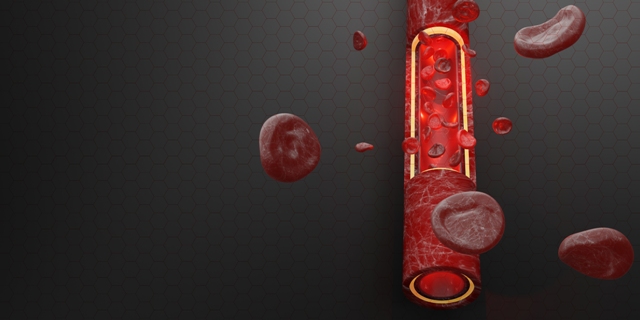
Role on preventing erectile dysfunction
- It is extremely helpful for preventing erectile dysfunction
- As mentioned above it is converted into arginine in body, which is further changed into nitric oxide
- Nitric oxide plays vital role in relaxing blood vessels as a result helps in enhancing blood circulation throughout the body
- It also improves blood supply to reproductive organ as well, which subsequently improves the symptoms of erectile dysfunction
Role on preventing sickle cell anemia
- Its consumption is very effective to alleviate the symptoms of sickle cell anemia
- Sickle cell anemia is a type of red blood cell disorder. In this condition body does not contain healthy red blood cells, which cannot able to carry sufficient oxygen throughout the body as a result develops various health complications
- Consumption of citrulline plays imperative role in preventing such complications as it helps in promoting the supply of oxygen throughout the body by enhancing blood flow
- It has seen that increase in nitric oxide level in body significantly improves the symptoms of sickle cell anemia. As citrulline helps in arginine production, which is then changed into nitric oxide thus its consumption is thought to be very effective for preventing sickle cell anemia and it also helps in decreasing the frequency

Hypotensive activity
- It has been traditionally used as an important therapeutic substance for hypertension
- It exerts potent hypotensive activity thus it should be included in the diet of individual with hypertension for early recovery
- Hypertension is considered as silent killer as it affects various parts of the body especially the heart in very adverse manner and subsequently increases the risk of morbidity and mortality thus it is always better to maintain a healthy blood pressure
- Consumption of citrulline is very much useful for decreasing high blood pressure as it is associated with increasing nitric oxide level in body
- Nitric oxide helps to widen the blood vessels, which helps in improving blood flow through it that subsequently reduces high blood pressure
Role on cardiovascular health
- It plays vital role in promoting overall cardiac health and activity
- Its hypotensive activity is considered as one of the most important features that is accountable for reducing the prevalence of cardiovascular diseases
- It is also associated with promoting endothelial health and functionality as a result supports the blood vessels to function properly
- It helps in maintaining heart rate too

Role on nervous system
- It helps in improving the health and activity of both central and peripheral nervous system
- It plays vital role in improving the blood supply to the brain as a result helps in supplying proper oxygen and nutrients to brain cells hence helps in promoting their activity
- It helps to reduce the prevalence of strokes
- It is also very effective for preventing dementia
- Consumption of citrulline is very much helpful for improving the symptoms of Alzheimer’s disease
Other uses
- It helps in decreasing blood sugar concentration
- It helps to improve the symptoms Reye syndrome
- It helps to prevent fatigue as well
Risk factors
Excessive consumption of citrulline may cause various digestive disorders such as nausea, diarrhoea etc thus it is better to consume it as per recommendation.


Source:
Bernstein, H.G., Keilhoff, G. and Steiner, J., 2018. Some notes on citrulline in the CNS. Clinical Nutrition, 37(2), p.757.
Breuillard, C., Goron, A. and Moinard, C., 2019. Citrulline and Skeletal Muscle. In Nutrition and Skeletal Muscle (pp. 329-334). Academic Press.
Ginguay, A. and De Bandt, J.P., 2019. Citrulline production and protein homeostasis. Current Opinion in Clinical Nutrition & Metabolic Care, 22(5), pp.371-376.
Maric, S., Restin, T., Muff, J.L., Camargo, S.M., Guglielmetti, L.C., Holland-Cunz, S.G., Crenn, P. and Vuille-dit-Bille, R.N., 2021. Citrulline, Biomarker of Enterocyte Functional Mass and Dietary Supplement. Metabolism, Transport, and Current Evidence for Clinical Use. Nutrients, 13(8), p.2794.
Takeda, K. and Takemasa, T., 2019. An Overview of Ornithine, Arginine, and Citrulline in Exercise and Sports Nutrition. Nutrition and Enhanced Sports Performance, pp.627-636.


